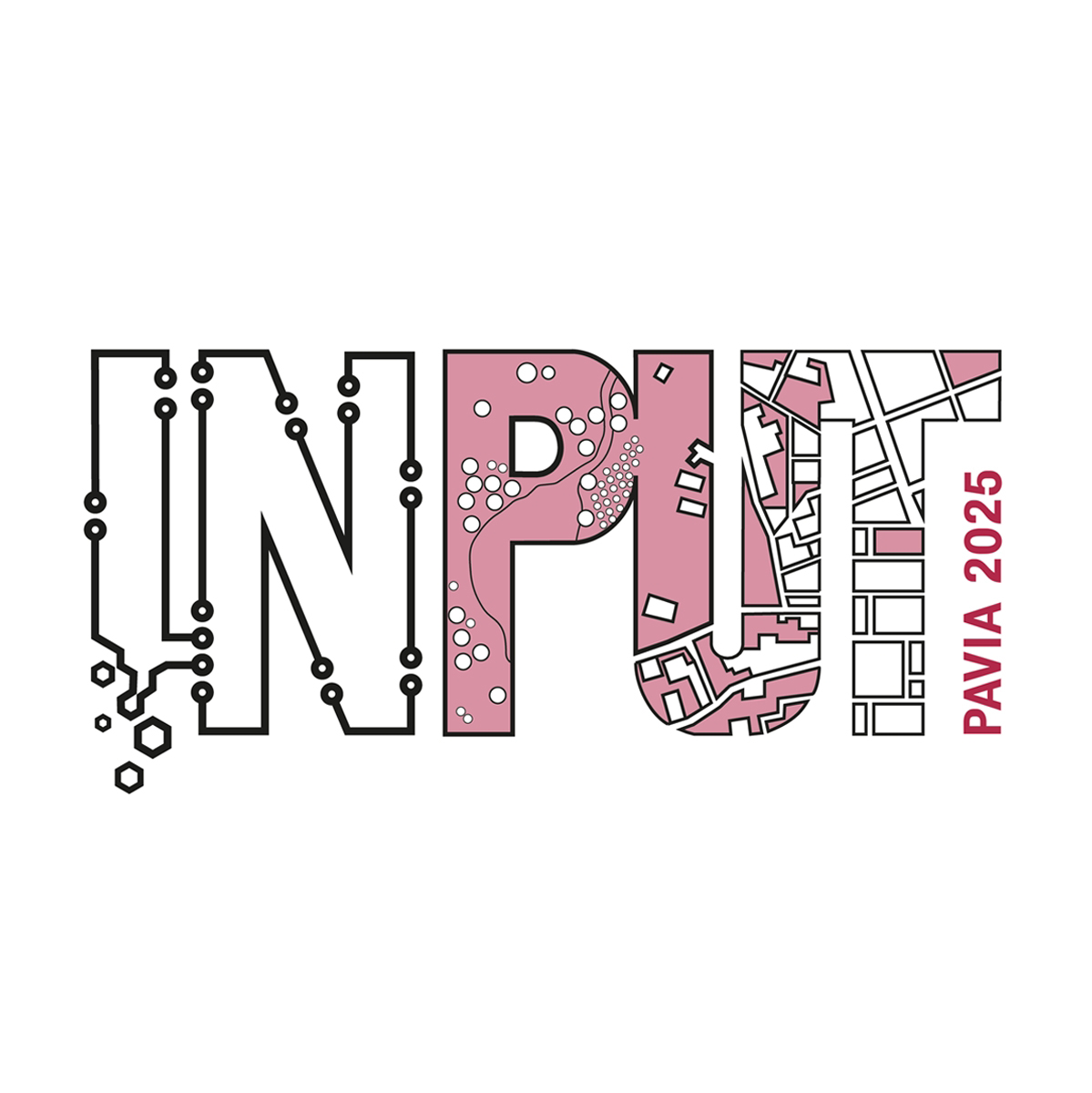An architect and engineer by training, Carlo Ratti works on the future of cities and the built environment. He is a Professor of the Practice of Urban Technologies at the Massachusetts Institute of Technology (MIT) in Boston, where he directs the Senseable City Lab, and is a Full Professor in the Department of Architecture, Built Environment, and Construction Engineering at the Politecnico di Milano. He is a founding partner of the international architecture and innovation office CRA-Carlo Ratti Associati and has established several tech start-ups in the United States and Europe. Ratti graduated from the Politecnico di Torino and the École Nationale des Ponts et Chaussées in Paris and later carried out his MPhil and Ph.D. work at the University of Cambridge – completing his Ph.D. thesis as a Fulbright Scholar at MIT. In December 2023, he was named as Curator of the Venice Biennale Architettura 2025.
One of the top ten most-cited scholars in urban planning, Ratti has co-authored over 750 academic publications. His books include the recent “Atlas of the Senseable City” (Yale University Press, with Antoine Picon, 2023), “Urbanità” (Einaudi, 2022), and “Open Source Architecture (Thames & Hudson/Einaudi, with Matthew Claudel, 2015). He has developed applied research projects in collaboration with companies and local/national governments across five continents. He has written op-eds for publications including The New York Times, The Washington Post, Scientific American, Financial Times, Le Monde, and Sueddeutsche Zeitung.
He has consulted international bodies from the European Union to the Queensland Government. He was a curator of the BMW Guggenheim Pavilion in Berlin, the Future Food District Pavilion for the 2015 World Expo in Milan, the chief curator at the 8th Bi-City Biennale of Urbanism/Architecture in Shenzhen, and a creative mediator at the European Nomadic Biennale Manifesta 14 Prishtina. Carlo has been a presenter at TED (in 2011 and 2015) and was program director at the Strelka Institute for Media, Architecture, and Design in Moscow. He is currently serving as co-chair of the World Economic Forum’s Global Future Council on Cities and Urbanization.
Ratti’s work has been exhibited worldwide at venues including New York City’s MoMA, the Venice Biennale, the Science Museum in London, Expo 2015 Milan, and Expo 2020 Dubai. His focus on many scales of innovation– from products to buildings to cities – has led CRA to become the only design firm in the world to feature on TIME’s “Best Inventions of the Year” list three different times (2007, 2014, 2019). He has appeared as one of “50 people who will change the world” according to Wired. Fast Company hailed him as one of the “Most Influential Designers in America,” and Blueprint Magazine listed him as one of its “People Who Will Change the World of Design.” Bloomberg dubbed him the “Sensory City Philosopher.”
For further information visit www.carloratti.com and www.senseable.mit.edu.

Dr. Rachelle Alterman is an emeritus (non-retired) professor of urban planning and law at the Technion—Israel Institute of Technology, a senior researcher at the Neaman Institute for National Policy Research, and a visiting professor at Bar Ilan University where she is the academic head of a real-estate degree program. In 2022 she received the highest academic honor – Member of the Israel National Academy of Sciences and Humanities, which numbers 180 members. She is the first female faculty member from the Technion to be elected to this prestigious body of scholars.
Alterman holds a BA Honours degree in social science and a Master of City Planning from the University of Manitoba, Canada; a PhD in urban planning from the Technion, and then, a LLB from Tel Aviv University. She has been a visiting professor in several universities globally (planning/architecture or law.
In 2007 Alterman founded the International Academic Association on Planning, Law, and Property Rights – thus launching the interdisciplinary fields of planning and law. Her specialization is in cross-national comparative research on a variety of topics concerning land use, public and private property, housing tenure, and planning institutions and decisions. For her leadership, she has received several international honors: The Association of European Schools of Planning has named her an Honorary Member (the only non-European); The Royal Institute of Technology in Stockholm awarded her the Athena Award recognizing ten globally leading academics in urban studies. She also won the Female Athena Award granted to 20 globally leading women in the field.
Rachelle has published more than two hundred academic papers and books. She has so far presented papers at 240 international conferences in 38 countries. Her advice (often pro bono) is sought by UN Habitat, the World Bank, the OECD, the Union for the Mediterranean, the Chinese government, and many Israeli public bodies and national media. Her publications have been cited scores of times by the Israeli courts.

Alessandro Aurigi (Laurea (Arch) Florence – Italy, PhD Newcastle – UK) is Professor of Urban Design, and previously Head of the School of Architecture Design and Environment, and Associate Dean of the Faculty of Arts and Humanities at the University of Plymouth. He also worked at the School of Architecture, Planning and Landscape at Newcastle University, at the Bartlett School of Planning, and at the Centre for Advanced Spatial Analysis (CASA), both at University College London.
His main research focuses on how we conceive, frame, design, and manage our places within a digitally-augmented society, with a specific focus on how we can articulate a complex, re-combined urban space in ways which enhance and support place quality. His publications in the field include five books: Shaping Smart for Better Cities (2020, Elsevier, with Nancy Odendaal); The Routledge Companion to Smart Cities (2020, Routledge, with Katharine Willis); Digital and Smart Cities (2017, Routledge, with Katharine Willis); Augmented Urban Spaces (2008, Ashgate, with Fiorella De Cindio); Making the Digital City (2005, Ashgate). He has given invited speeches in Brazil, Japan, South Korea, China, Singapore, The Netherlands, Belgium, Malta, Finland, Portugal, Spain, Turkey, Italy and the UK. He is member of the Peer Review College of the Arts and Humanities Research Council (UK).

